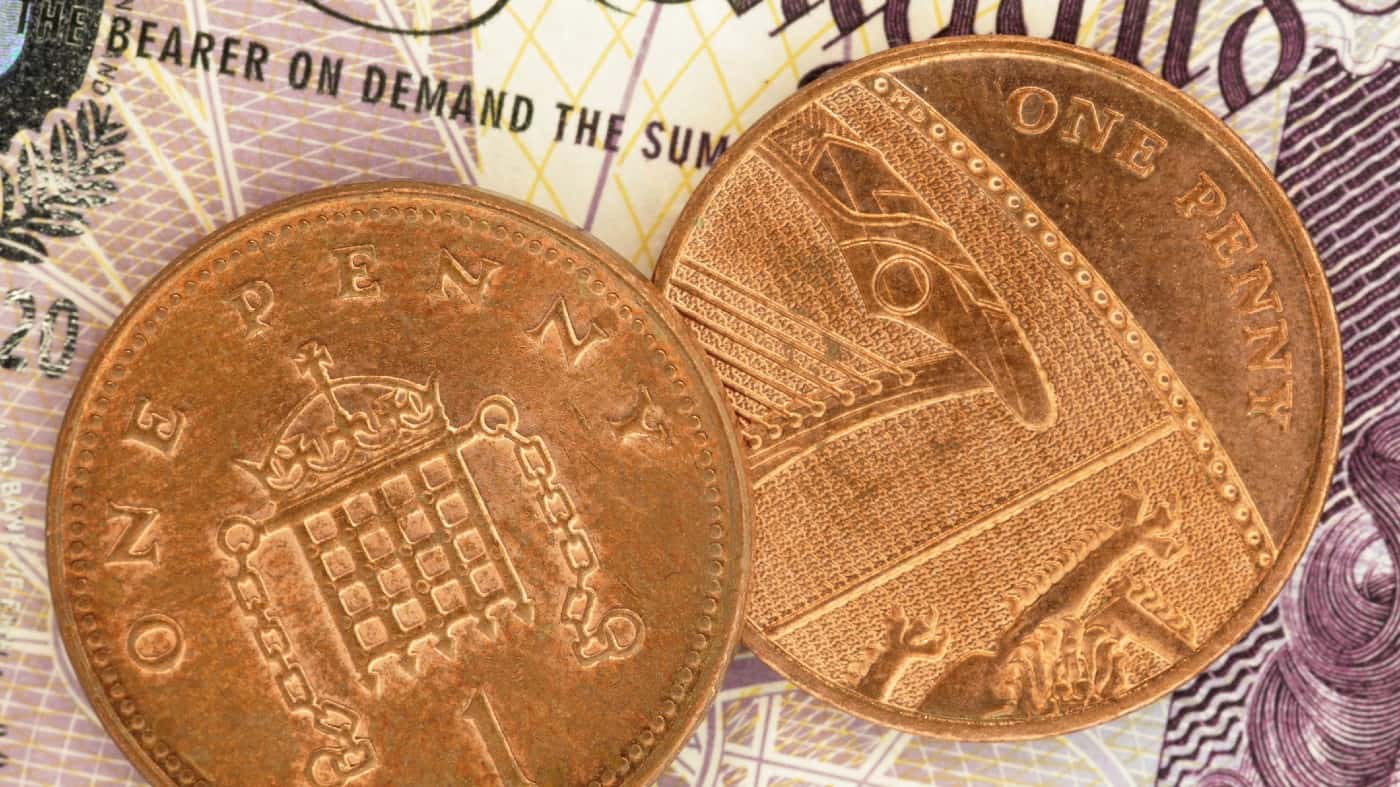- Russia’s Investigative Committee has proposed amendments with the aim of regulating the seizure and freezing of cryptocurrencies in criminal cases, addressing gaps in existing legislation.
- Legal experts in Russia are divided on whether crypto wallets qualify as electronic payment instruments.
Russia’s Investigative Committee has suggested amendments that would criminalize third-party crypto-related transfers and officially recognize digital assets as property. Committee Chairman Alexander Bastrykin outlined the changes during a board meeting in early February. The proposed changes aim to regulate how authorities seize and freeze cryptocurrencies in criminal cases.
Russia Targeting Third-Party Transactions
Currently, Russian legislation does not fully provide a law framework for investigating crypto-related offenses. The officials are concerned regarding third-party banking accounts, described as “droppers,” allowing the execution of crypto transactions, Interfax reported.
Russian legislation referred to electronic payments as banking cards or digital means of transferring electronically. However, law enforcement struggles to trace various illicit crypto transfers.
Vladimir Sobinsky, a legal expert at DRC, believes that many Russians use P2P services to buy crypto because of banking restrictions. In such cases, they often use third-party accounts.
“In most cases, this is due to the fact that when frequently conducting crypto buy or sell transactions, users’ bank cards are blocked under Federal Law 115-FL, and they are forced to close their accounts,” Sobinsky said in a statement. He added, “As a result, an individual who frequently buys and sells cryptocurrency is forced to ‘buy access’ to a third party’s banking app.”
In principle, they consider this activity as a way to cut financial crimes. Sobinsky considers droppers often to be young people or migrants who sell their access to bank accounts for 50,000-60,000 rubles (about $500-600).
Whilst, egal consultants argue about whether crypto wallets are an electronic payment instrument. Sobinsky insists that they are not, while other attorneys disagree. Ruslan Gafurov, a partner at Nevsky IP Law, said both digital and hardware wallets should be considered as payment instruments.
“In the case of bank cards, law enforcement, regulatory authorities, and banks themselves know who is making the transaction “With cryptocurrencies, however, the wallet is often known, but not the specific individual,” Gafurov said.
Russian banks prohibit customers from transferring bank cards to others, yet no criminal penalties exist. The proposed amendments could introduce similar restrictions for crypto transactions.
Crypto As Property In Criminal Cases
Bastrykin also called for cryptocurrency to be legally classified as property, though legal experts say Russian courts already recognize it as such in civil and tax cases. “Courts have previously dealt with questions about whether cryptocurrency is considered property in bankruptcy and divorce cases,” Gafurov explained.
He added, “It was then that it was first confirmed in Russia that, under the meaning of Article 128 of the Civil Code, cryptocurrency is indeed considered property.” However, despite this acknowledgment, the present laws do not specify how to deal with digital assets in criminal cases. According to Sobinsky, law enforcement cannot track stolen crypto and return it to victims.
“If crypto is tracked down, found in a custodial wallet, and its movement is stopped, the question arises of how to recover it. The development of regulations in this area is very important and should primarily focus on increasing the number of solved crimes in this field,” he said.
In a recent update, we covered that Rosseti, Russia’s state-owned electricity provider, plans to monetize surplus energy by redirecting idle power into Bitcoin mining, transforming excess electricity from the national grid into a profitable resource.
Credit: Source link












